It makes sense, the argument that Chris Watts is a heartless monster, that he’s psychopathic or sociopathic. That he doesn’t feel the way many of us do. To our minds, it doesn’t make any sense if he murdered his family and he acted like he didn’t care, that he did care, and that he does have feelings.
But the temptation is to put Watts in a neat little box and call him a heartless monster. It’s comforting to say that because it separates him from us.
It’s the position of TCRS that this aspect is true, but at the same time, he’s not an empty vessel devoid of emotion.
It’s this aspect of true crime that makes it both fascinating and terrifying – the notion that Watts cared for his wife and children but killed them anyway. The notion that he felt bad about what he did, but tried to act innocent and nonchalant, and wasn’t particularly convincing.
In the final half hour of the Second Confession, Chris Watts speaks frankly about his emotions. Although we have to be careful taking anything he says as gospel, it’s worth reviewing how he sees his emotions, and the words he uses to describe his own inner world.
WATTS: It’s just weird how emotions process for me than for everybody else.
LEE: Hmmhmm.
WATTS: Like you said, like um—you lost your kids at a grocery store for five seconds, you’d be a mess, and then like…you know…for me…I-I-d be panicked, but I wouldn’t cry. I’d be looking around trying to find them. But it’s just like, I just process it differently. I never knew why. Never know why. [Long pause]. I don’t think I’m a cold-hearted person, it’s just a matter of…I just don’t show it…show the emotions as much as other people do.

LEE: Your family doesn’t show emotion like that?
WATTS: Yeah, like you know…my dad couldn’t really speak at the sentencing hearing, because he said was kinda like…he said he was gonna lose it. Like that really hit me. Like, I’d never seen him like that.
LEE: Like, vulnerable?
WATTS: Mmhmm. I don’t think anybody’s seen me that way either.
The emotional aspect is a crucial aspect in true crime, and critical to understand this case. We can’t have it both ways. In the one scenario, Watts impulsively and spontaneously kills his wife and children, Shan’ann in a rage and his children seemingly for no reason at all. In this version Watts loses control over his emotions when he kills wife, and simply isn’t thinking afterwards. It’s not entirely unconvincing, because Watts seems capable of acting rashly and stupidly. His confessions to the cops also reinforce this impression.
In the other scenario, all the murders are premeditated. The premeditation scenario as a whole is an effort to hide not only the crime but the emotions, including the affair and the pregnancy.
One way to resolve the question of premeditation is to look at Watts’ behavior and psychology prior to the crimes and just after. After the crimes he has a checklist of things he needs to do and wastes no time doing it, even though he’s at work. He cancels his kids’ classes at Primrose, he calls the realtor, he even calls his bank.
The way he disposed of all three bodies also doesn’t speak of someone not in control, or not thinking. But the hiding of the bodies and the effort to make them disappear while sickening is also his effort to conceal feelings – like shame. He knows what he’s done is shameful and so he’s driven to dig holes and – taking a substantial risk – force the bodies of his children into the tanks to make them dissolve and disappear. He uses the word vanish immediately after the crime – that’s exactly what he wanted to happen. 
There’s emotion there, in that effort to hide away his disgraceful deeds. There are many crimes out there that are executed with blood and brutality, and the bodies are left in the open.
Counter-intuitively these speak of emotion but are probably more psychopathic than a crime committed in secret and hidden away.
Coming Soon! – Book 8 in the TWO FACE series…

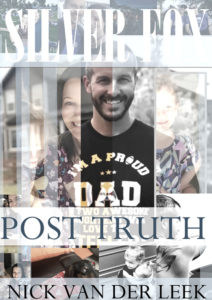
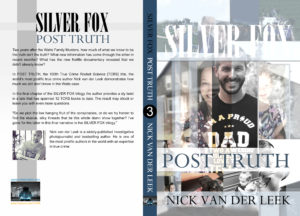





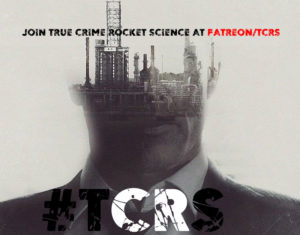

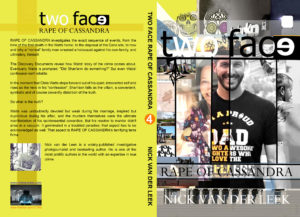
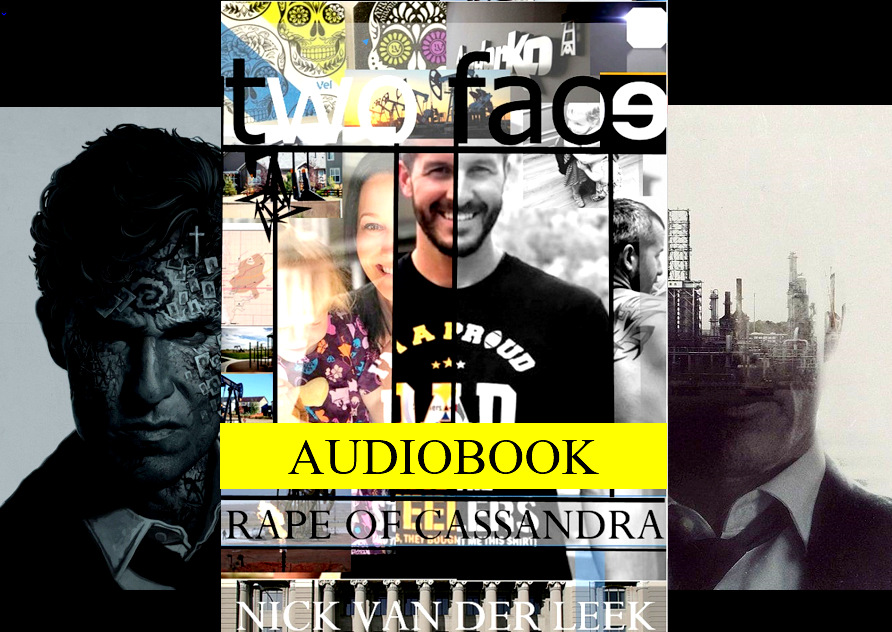
Recent Comments